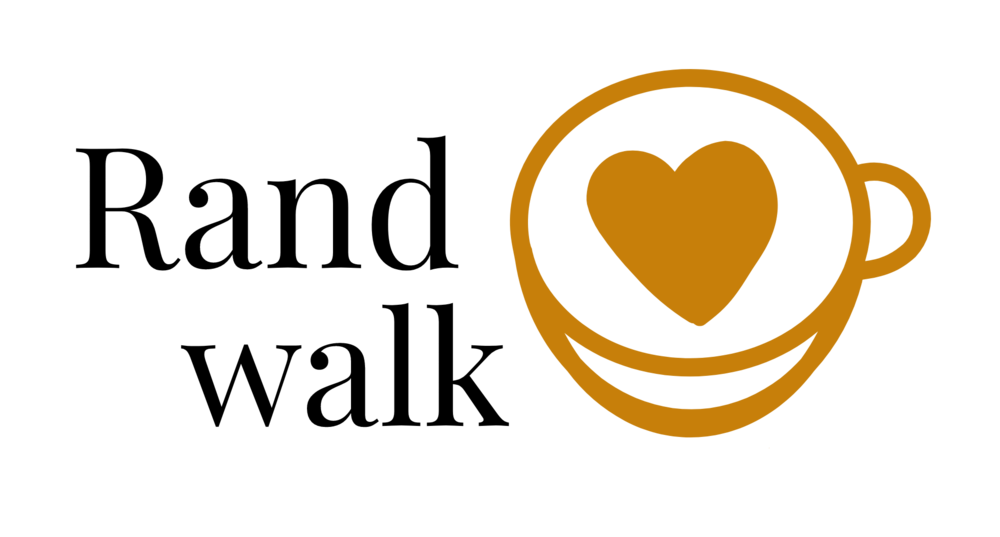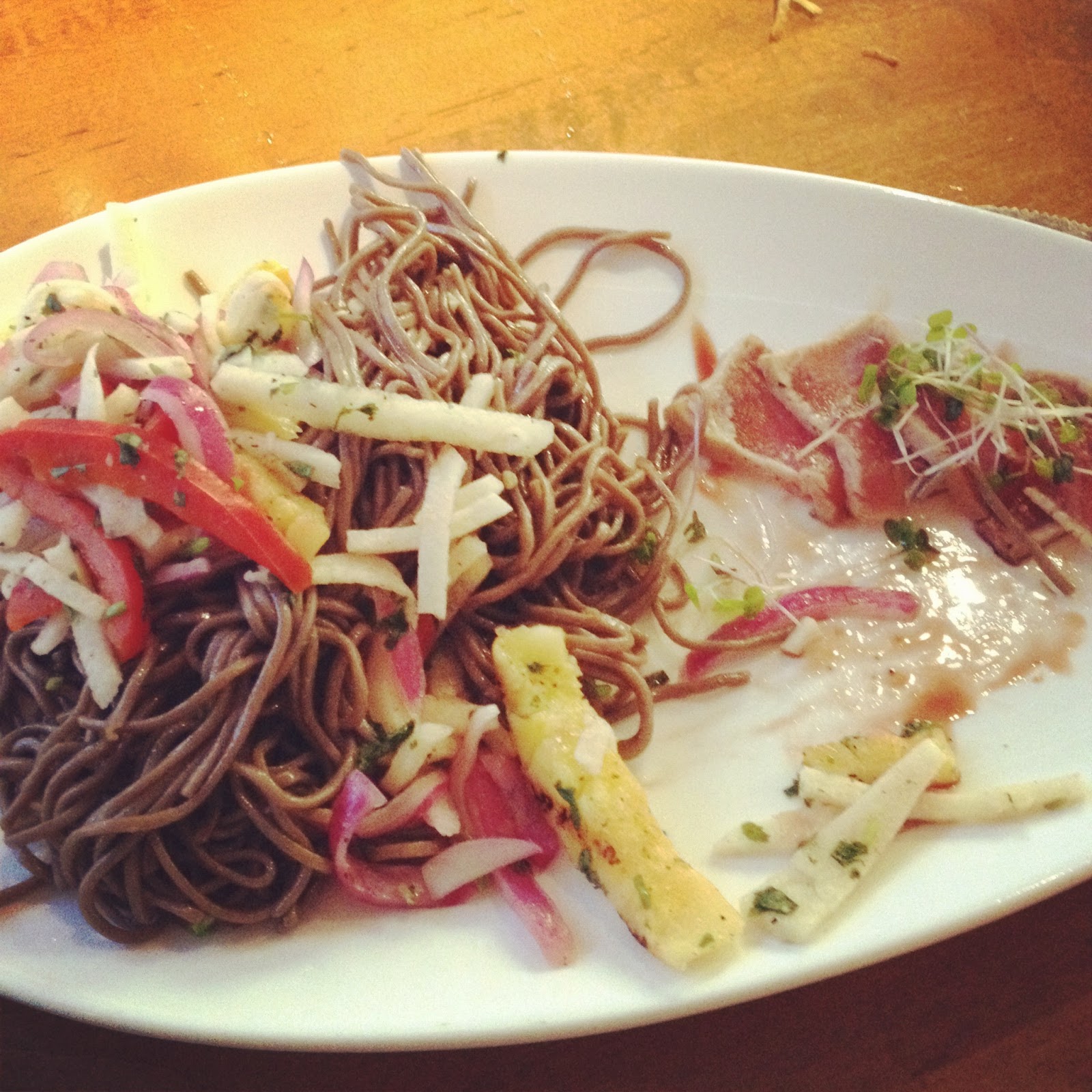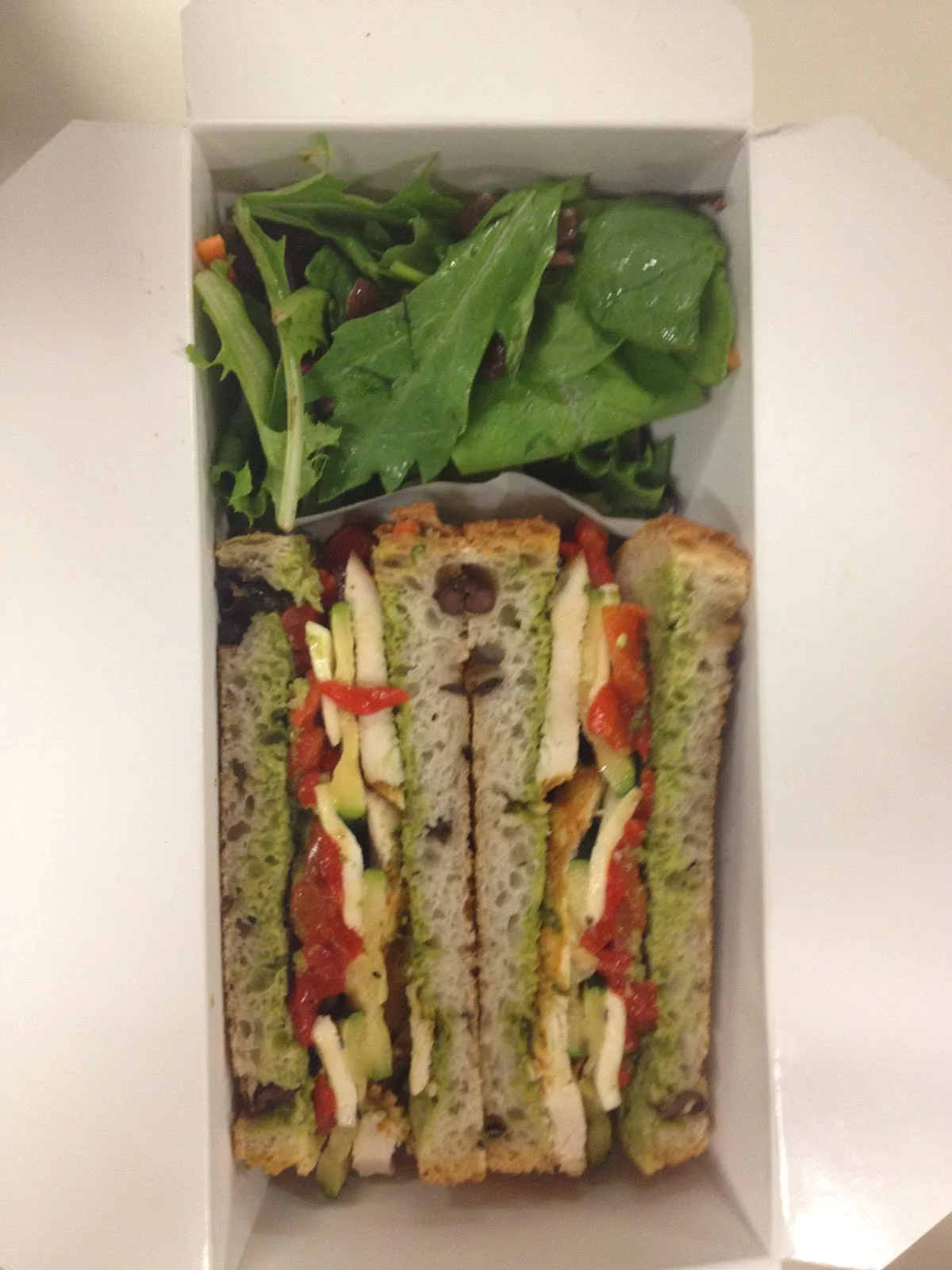I tried the same fast-paced travel formula through the hills and valleys of the “West Coast”. It led me first to Calgary, Vancouver, Seattle and Portland, and later to San Francisco and Los Angeles. Many of these cities I had previously visited but I went back with a new lens.
The West Coast is filled with stereotypes (“techie”, “bougie”, etc.). Start with coffee. By an objective analysis, the West Coast has far surpassed the European institutions of old. Each of the West Coast cities have its own spin: the original Starbucks in Pike Place Market, Seattle, or the famous Stumptown roasters of Portland, or 49th Parallel in Vancouver, whose beans are used by most uppity cafes in Canada. Calgary, by one count, has the most cafes per capita.
Golden Gate Bridge, SF
The West Coast is “outdoorsy”. The best skiing in the world are two hours out of Vancouver; a web of bike lanes turn Portland into the most rider-friendly city in the world. And, of course, there is the far-too-touristy bike ride over the Golden Gate Bridge.
LACMA, LA
The West Coast is filled with culture. Los Angeles is particularly strong with the unfinishable LACMA (with its iconic lamp posts) or Huntington Library Gardens or the Getty museums. In quite an ugly and material city, there is more than enough beauty and art to witness. Vancouver has its first nations art, Seattle has Chuilly’s glass works and Portland has a Samarai display. The highlight of Napa, other than the wining and dining is the di Rosa exhibit, curated by a rich winemaker who decided to go shopping. The exhibit is accessible only by tour.
And finally, there is the food. And the West Coast has effectively adopted the entire dictionary of culinary buzz-words: organic, local, gluten-free, vegan, and so on. It takes its food seriously but not in a pretentious manner. In the last best restaurants report in the US, about half came from the West Coast. Run-down cities like Portland (which has one of the highest unemployment rates) are unknown food capitals. Here, masterly food is served in forgettable diners.
Pok Pok, Portland
Cultural food is also booming. It is through these parts that sushi hopped onto the new world and became a staple of North American diet (e.g. “California Roll”). The most unique experience of the trip was Pok Pok, a surprisingly good Vietnamese restaurant serving messy meals and drinking vinegars and with Viet music pumping. In Vancouver, there is apparently the best Indian food outside of India. Another trend is Asian fusion. At newly minted Carino, Calgary, Japanese mixes with Italian and in The House, San Francisco, with French. Deep in druggie territory, Pidgin (Vancouver) mixes with Asian with pretty much everything. Aziza in San Francisco spices it up with Moroccan inspiration.
What to do in 36 hours
49th Parallel, Vancouver
Vancouver: Go skiing and/or rent a bike to circumnavigate Stanley Park. Take a train straight to Richmond for some dimsum or bubble teas. Do a customary coffee run to 49th Parallel or market hopping through Granville island and North Vancouver. Take an adventure to the unruly parts of town and dine on fried chicken at Pidgin.
Seattle: Start at pike place market, and feast on cheese curds and drink spiked ginger beers and Starbuck’s original coffees. Take a boat ride at The Centre for Wooden Boats. Finish with geoduck sashimi and dinner at Sitka and Spruce near Melrose market. $30 rush tickets at the symphony.
Portland: Rent a bike and go to Pok Pok for some authentic viet food. Go beer / coffee / tea tasting. Take a look at the Portland Art Museum. Have a four-course vegetarian meal at Ava Genes. If you can squeeze it in, the food trucks are worth a detour too. Get some really inexpensive books at the largest bookstore in the world – Powell Books.
Mercato, Calgary
San Francisco: Go to lunch at a pretentious place installment called Boulevard and have a large ball of mozz on a bed of risotto. Bike around the embarcadero and you will reach the Palace of Fine Arts, made for a world exhibition in the early 1900’s. Like most of the city, it is taken straight from Europe. Then bike across the golden gate bridge and loiter in Sausalito before a ferry takes you back to mainland. Bike down Valencia street, where street lights are calibrated for bike-speed. Have a steak encrusted with Morrocan spices at Aziza. $30 rush tickets to the SF Symphony.
Los Angeles: Have a plate of fresh sushi at Shunji. Rent a car and prepare for art-galore. Go to the LACMA (with its iconic lamp posts), Huntington Library Gardens and the Getty museums. Make a reservation in advance to Alma have the best meal for $65 you will find (closed). End up at the observatory to get a look at the Hollywood sign, the city, and (if it’s dark) the crevices of the moon.




































